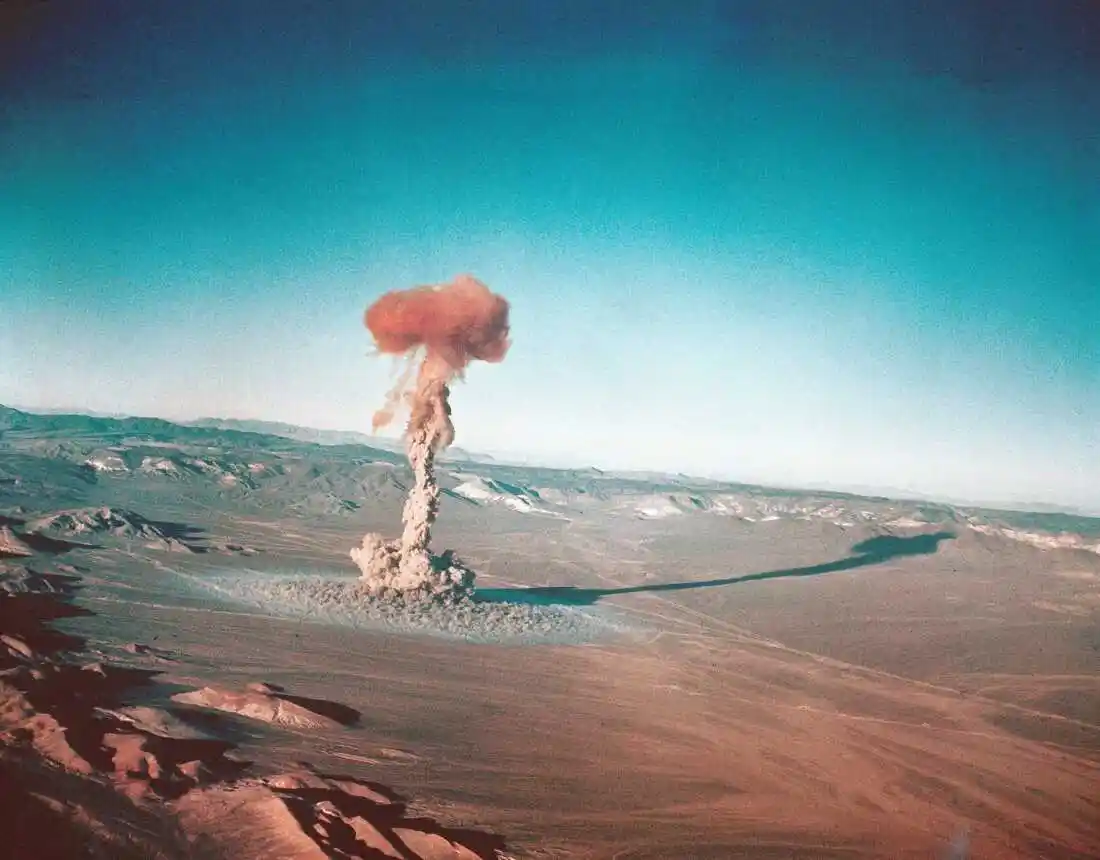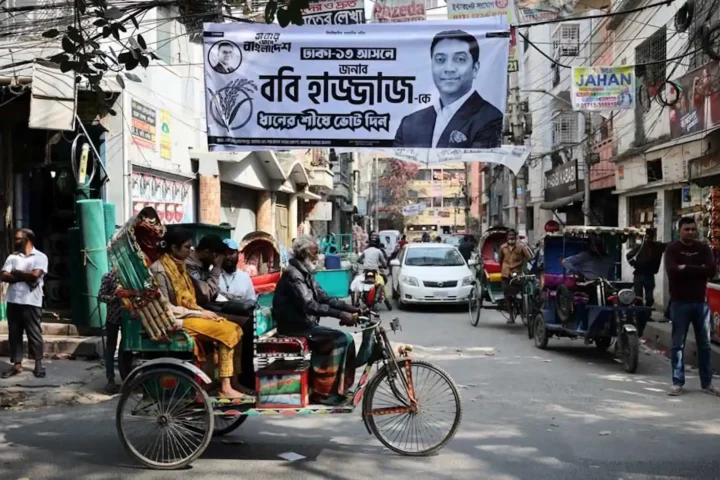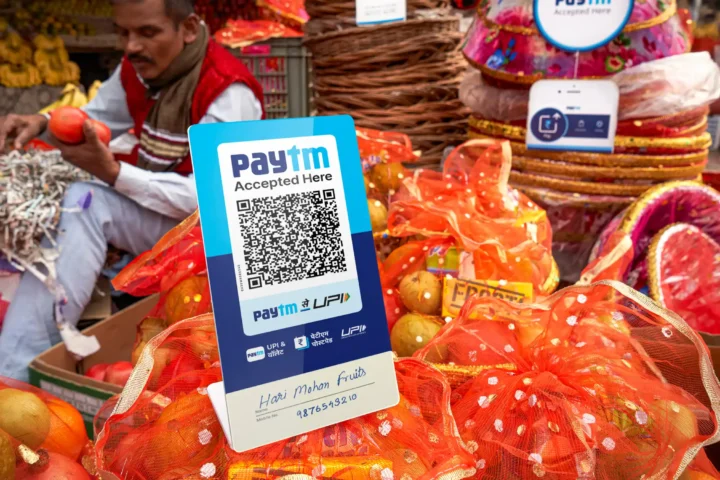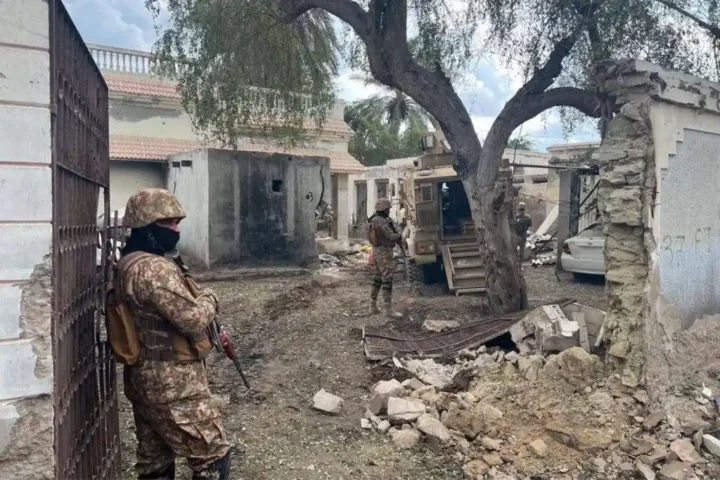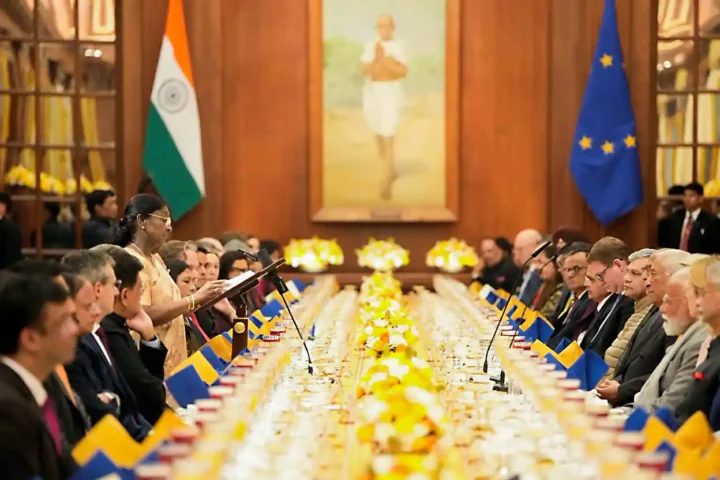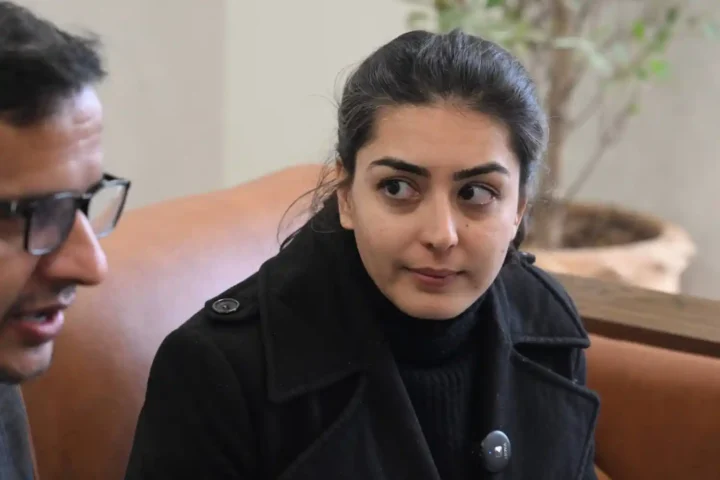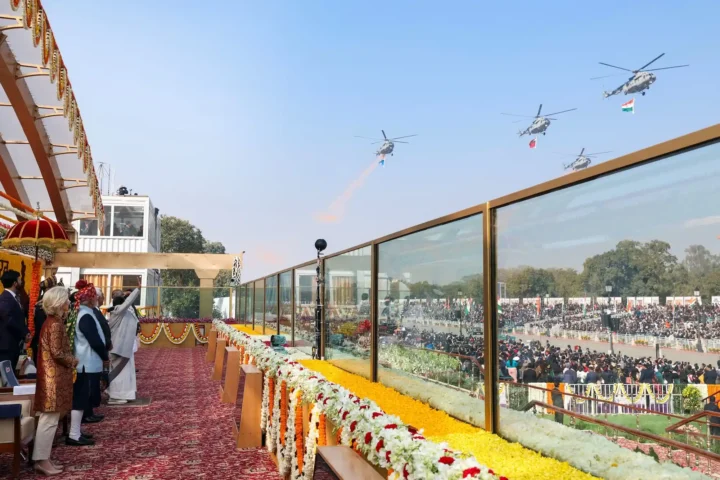In a stunning revelation that has sent shockwaves through global security circles, US President Donald Trump recently alleged on “60 Minutes” that Pakistan, alongside Russia, China, and North Korea, is clandestinely conducting underground nuclear tests. These accusations come just days after Trump announced the resumption of US nuclear weapons testing after a 33-year moratorium, framing it as vital to counter covert nuclear advances by rival states. Although Pakistan denies these allegations—as it has with nearly every such claim—this assertion carries unprecedented weight coming directly from the leader of the United States, signaling alarming implications for regional and global stability.
Trump’s accusation highlights an ongoing erosion of the voluntary global nuclear test moratorium, a fragile norm that underpins decades of non-proliferation efforts. Trump contends that rival states are exploiting subterranean testing “where people don’t know exactly what’s happening,” evading international monitoring.
Pakistan’s nuclear program, rooted in its 1970s pursuit of deterrence against India, has always been shrouded in secrecy and controversy. After India’s 1974 “Smiling Buddha” nuclear test, Pakistan launched its own weapons program under civilian and military leadership, culminating in nuclear tests in 1998. The program owes much to Abdul Qadeer Khan, Pakistan’s “father of the bomb,” who notoriously built an illicit proliferation network that transferred uranium enrichment technology and nuclear designs to Iran, Libya, and crucially, North Korea. In 2004, Khan confessed to sending nuclear secrets to Iran, Libya, and North Korea, although he later retracted his remarks. This proliferation network enabled North Korea’s nuclear weapons development, with technology and materials traceable back to Pakistan’s clandestine networks—a breach that has long undermined global non-proliferation efforts.
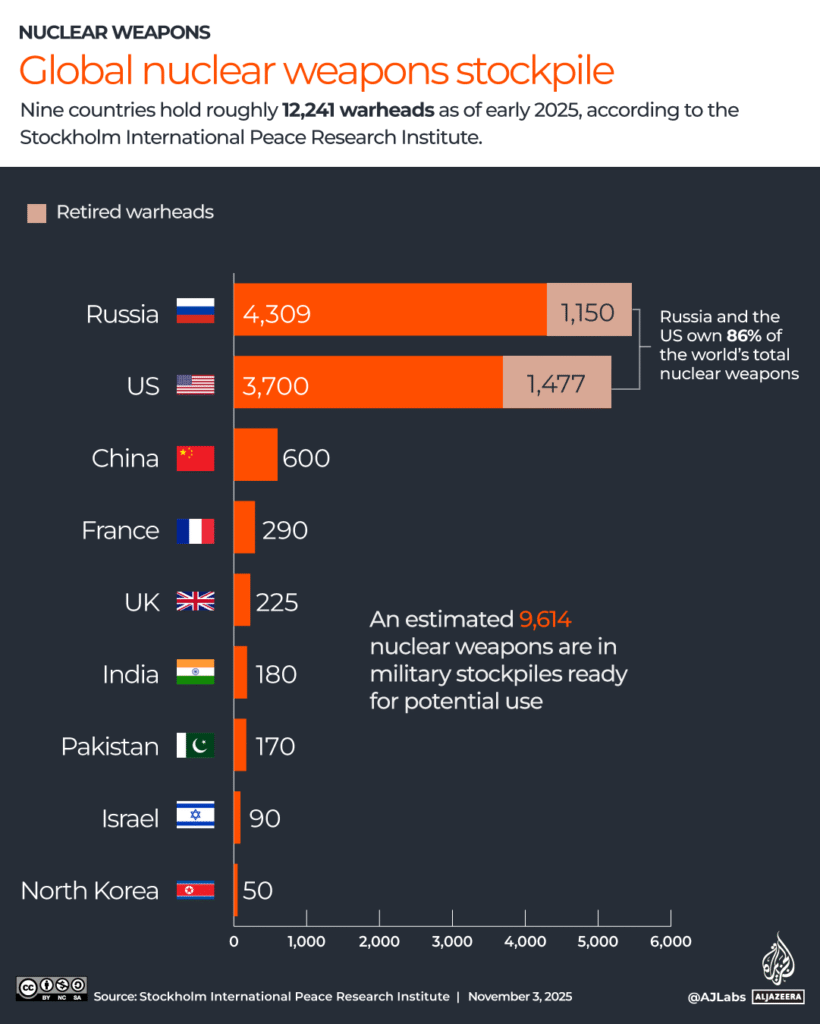
Despite having a landmass barely one-fourth the size of India and a much smaller population, Pakistan somehow manages to keep pace with India’s nuclear arsenal, boasting an estimated 170 warheads compared to India’s 180 as of 2025. It appears Pakistan’s nuclear buildup is less about defense and more about a relentless game of one-upmanship with its giant neighbor—because why settle for less when you can constantly try to outdo your bigger rival in atomic firepower?
Moreover, Pakistan’s nuclear influence has traversed regions beyond South Asia. Recently, Pakistan and Saudi Arabia inked a mutual defense pact that potentially places the Middle East’s security dynamics under a Pakistani nuclear umbrella. Islamabad has openly suggested that its nuclear know-how could be extended to Saudi Arabia under this agreement, providing Riyadh strategic depth amid rising tensions in the Gulf. This development not only complicates the balance of power in an already volatile Middle East but also hints at Pakistan monetizing its nuclear technology for leverage and financial gains, echoing earlier precedents of proliferation.
The implications of these dynamics are profound. Pakistan’s secretive nuclear activities risk breaking the crucial trust that governs nuclear restraint in South Asia, potentially triggering India to abandon its own voluntary testing moratorium. Such an escalation would revive a dangerous arms race, destabilizing a region already rife with military flashpoints. Additionally, the reverberations extend globally: Pakistan’s role in North Korea’s arsenal expansion has already demonstrated how proliferation networks can embolden rogue states, threatening international security. The Saudi-Pakistan connection similarly injects fresh uncertainty into Middle Eastern nuclear politics, with potential domino effects on Iran and other regional actors.
These developments severely challenge the global nuclear non-proliferation architecture, particularly treaties like the Comprehensive Nuclear-Test-Ban Treaty (CTBT), which Pakistan has neither ratified nor fully renounced. Covert nuclear testing undermines the foundational principles of transparency, verification, and mutual restraint, inviting other countries to clandestinely pursue tests, thereby multiplying nuclear risks worldwide.
Meanwhile, the US decision to restart nuclear testing to “counter” these secret advancements risks validating a perilous cycle of nuclear signaling. While deterrence modernization is crucial for America’s security, renewed tests may be perceived internationally as provocative, encouraging the very clandestine testing and weapons expansion it aims to deter.

In this precarious strategic environment, the stakes could not be higher. Pakistan’s decades-long nuclear trajectory—from its weapon development to its illicit technology exports and recent Middle Eastern defense overtures—reveals a state that wields nuclear capability not just as a deterrent but as a geopolitical and economic asset. It monetizes its technological know-how, complicating traditional arms control dynamics and escalating proliferation concerns beyond its immediate region.
For the sake of regional and global security, Pakistan must respond with unequivocal transparency and responsible nuclear signaling. Reaffirming its commitment not to conduct nuclear tests first and engaging actively in arms control dialogues are essential steps to quell anxieties. India and Pakistan both must prioritize confidence-building mechanisms to prevent miscalculations that could spiral into conflict.
The international community also bears responsibility to recalibrate nuclear diplomacy in light of these realities. Enhanced verification technologies, inclusive dialogue involving South Asia’s nuclear actors, and renewed efforts toward the CTBT’s universal ratification are urgently needed.
Pakistan’s alleged covert nuclear tests and its wider proliferation activities underscore the fragility of the current nuclear order. These issues extend well beyond bilateral rivalries to threaten global strategic stability. The path forward demands concerted efforts by the broader international community to restore transparency, build trust, and reinvigorate arms control—lest a new and more dangerous nuclear era unfold.
References and Further Reading
- Arms Control Association. (2025, March 27). Arms control and proliferation profile: Pakistan. https://www.armscontrol.org/factsheets/arms-control-and-proliferation-profile-pakistan
- Britannica. (2025, November 2). Pakistan. https://www.britannica.com/technology/nuclear-weapon/Pakistan
- CNN. (2025, September 18). As US reliability falters, Saudi Arabia turns to a nuclear-armed ally. https://www.cnn.com/2025/09/18/middleeast/pakistan-saudi-arabia-defense-allies-intl
- Council on Foreign Relations. (2025). Nuclear non-proliferation and the Comprehensive Nuclear-Test-Ban Treaty. https://www.cfr.org/backgrounder/comprehensive-nuclear-test-ban-treaty
- Foreign Policy. (2021, October 10). How Pakistan’s A.Q. Khan helped North Korea get the bomb. https://foreignpolicy.com/2021/10/11/aq-khan-pakistan-north-korea-nuclear/
- Heritage Foundation. (1998, June 15). The strategic implications of China’s nuclear aid to Pakistan. https://www.heritage.org/asia/report/the-strategic-implications-chinas-nuclear-aid-pakistan
- International Atomic Energy Agency (IAEA). (2025). Nuclear safeguards and security. https://www.iaea.org/topics/nuclear-safeguards-and-security
- International Crisis Group. (2025, August). South Asia’s nuclear flashpoints: Risks and resolutions. https://www.crisisgroup.org/asia/south-asia
- Middle East Institute. (2025, September). Saudi Arabia-Pakistan Strategic Relations: Impact on Regional Security. https://www.mei.edu/publications/saudi-arabia-pakistan-strategic-relations
- Nuclear Threat Initiative (NTI). (2025, April 9). Pakistan. https://www.nti.org/countries/pakistan/
- Peace Research Institute Frankfurt (PRIF). (2024). The nuclear proliferation network of A.Q. Khan. https://www.prif.org/en/publications/energy-security
- Princeton University. (2020). The pre-history of nuclear development in Pakistan [PDF]. https://sgs.princeton.edu/sites/default/files/2020-01/mian-2009.pdf
- Reuters. (2025, September 19). Saudi pact puts Pakistan’s nuclear umbrella into Middle East security picture. https://www.reuters.com/business/aerospace-defense/saudi-pact-puts-pakistans-nuclear-umbrella-into-middle-east-security-picture-2025-09-19/
- Stockholm International Peace Research Institute (SIPRI). (2025). SIPRI yearbook 2025: Armaments, disarmament and international security. https://www.sipri.org/yearbook/2025
- United Nations Office for Disarmament Affairs (UNODA). (2025). The Comprehensive Nuclear-Test-Ban Treaty (CTBT). https://www.un.org/disarmament/wmd/nuclear/ctbt/
- United Nations Security Council. (2025). Resolutions on Nuclear Non-Proliferation. https://www.un.org/securitycouncil/content/resolutions
- World Nuclear Association. (2025, February 3). Nuclear power in Pakistan. https://world-nuclear.org/information-library/country-profiles/countries-o-s/pakistan.aspx
- YaleGlobal Online. (2004, February 22). The fallout of Pakistani revelations on North Korea. https://archive-yaleglobal.yale.edu/content/fallout-pakistani-revelations-north-korea
- Arms Control Center. (2025). India and Pakistan. https://armscontrolcenter.org/countries/india-and-pakistan/
- Belfer Center for Science and International Affairs. (2025, September 17). Assessing nuclear security risks in Pakistan. https://www.belfercenter.org/publication/assessing-nuclear-security-risks-pakistan
- Council on Foreign Relations. (2023). Nuclear proliferation risks: Lessons from South Asia. https://www.cfr.org/report/nuclear-proliferation-south-asia
- International Institute for Strategic Studies (IISS). (2025). Strategic developments in South Asia’s nuclear landscape. https://www.iiss.org/publications/strategic-dossiers/south-asia
- Arms Control Association. (2004, March). Father of Pakistani bomb sold nuclear secrets. https://www.armscontrol.org/act/2004-03/news/father-pakistani-bomb-sold-nuclear-secrets
- Al Jazeera. (2025, September 17). Saudi Arabia signs mutual defence pact with nuclear-armed Pakistan. https://www.aljazeera.com/news/2025/9/17/saudi-arabia-signs-mutual-defence-pact-with-nuclear-armed-pakistan
